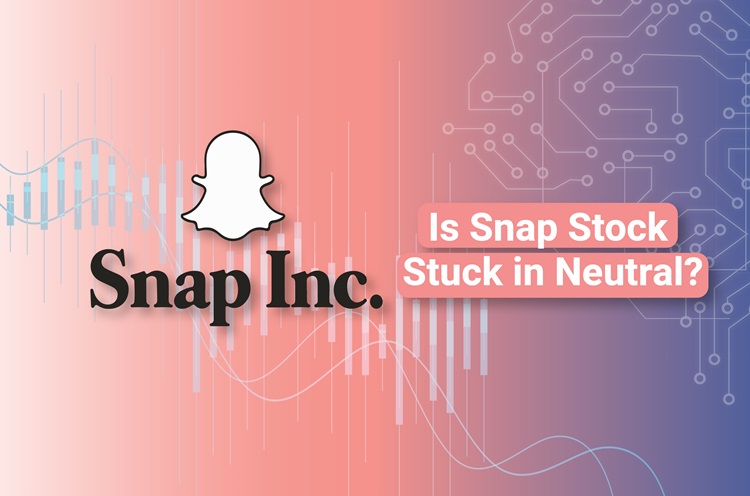Snap’s weak performance and cautious outlook for the second half of the year have prompted analysts to downgrade the stock and slash their price targets.
Snap stock has been dead money since the beginning of 2020, and its performance in the second quarter of the year has only added to the woes of the company. Shares of Snap (SNAP -3.71%) were getting torched once again today as the company fell well short of analyst estimates in its fourth-quarter earnings report. The company reported revenue growth of just 5%, and continued to struggle in the ad market, even as larger peers like Alphabet and Meta posted double-digit advertising growth in their fourth quarters. On the bottom line, adjusted earnings before interest, taxes, depreciation, and amortization (EBITDA) fell from $233 million in the quarter a year ago to $159 million.
The company also failed to capitalize on a broader recovery in the digital advertising industry, and share-based compensation remained elevated at $333 million, or roughly 25% of revenue, and shares outstanding increased 4% year over year. MKM Partners Analyst Rohit Kulkarni said on Yahoo Finance Live (video above) that Snap is going through a near-death experience. The company posted sales of $1.11 billion, shy of Wall Street estimates for $1.14 billion, as the slowing economy further pressured Snap’s ad business.
The parent company of Snapchat said its revenue rose 13% year over year to $1.1 billion. It produced a net loss of $422 million compared to a loss of $152 million in the year-ago quarter. Snap’s stock crash on Friday after a dismal second-quarter earnings report and brutal call is well warranted, one analyst explained to Yahoo Finance. The company said the downturn will force it to prioritize cost-reduction and productivity initiatives, including putting the brakes on hiring.
Apple’s privacy-related changes to its mobile operating system have limited Snap’s ability to collect data on its users. The update could disrupt Snap’s ability to target ads and reduce its ad revenue. Analysts believe Snap’s growth could be further hampered by Apple’s iOS 14 update, which requires app developers to obtain explicit permission from users before collecting data.
Snap’s weak performance and cautious outlook for the second half of the year have prompted analysts to downgrade the stock and slash their price targets. Analysts at Morgan Stanley have slashed their price target on Snap to $14 from $18, citing a weaker outlook for the company. Snap’s stock has been volatile in 2020, and is now down more than 50% year to date.
The company has been unable to prove it can be profitable on a generally accepted accounting principles (GAAP) basis, and its user base growth rate has also decelerated from prior quarters. Snap still can’t turn a GAAP profit, and its revenue growth is sluggish. The company continued to struggle in the ad market, even as larger peers like Alphabet and Meta posted double-digit advertising growth in their fourth quarters.
Snap’s inability to generate profits, and its reliance on share-based compensation, have made it a risky investment for many investors. The company’s stock has been volatile in 2020, and is now down more than 50% year to date. The update could disrupt Snap’s ability to target ads and reduce its ad revenue. Analysts believe Snap’s growth could be further hampered by Apple’s iOS 14 update, which requires app developers to obtain explicit permission from users before collecting data.
The company’s lack of profitability, combined with its slowing growth rate and uncertain future, make it a risky investment for many investors. Snap’s stock has been volatile in 2020, and is now down more than 50% year to date. The update could disrupt Snap’s ability to target ads and reduce its ad revenue. Analysts believe Snap’s growth could be further hampered by Apple’s iOS 14 update, which requires app developers to obtain explicit permission from users before collecting data.
Conclusion
Snap has been dead money since the beginning of 2020, and its performance in the second quarter of the year has only added to the woes of the company. The company has been unable to prove it can be profitable on a generally accepted accounting principles (GAAP) basis, and its user base growth rate has also decelerated from prior quarters. Apple’s privacy-related changes to its mobile operating system have limited Snap’s ability to collect data on its users, and the update could disrupt Snap’s ability to target ads and reduce its ad revenue. Snap’s stock has been volatile in 2020 and is now down more than 50% year to date. The company’s lack of profitability, combined with its slowing growth rate and uncertain future, make it a risky investment for many investors.
